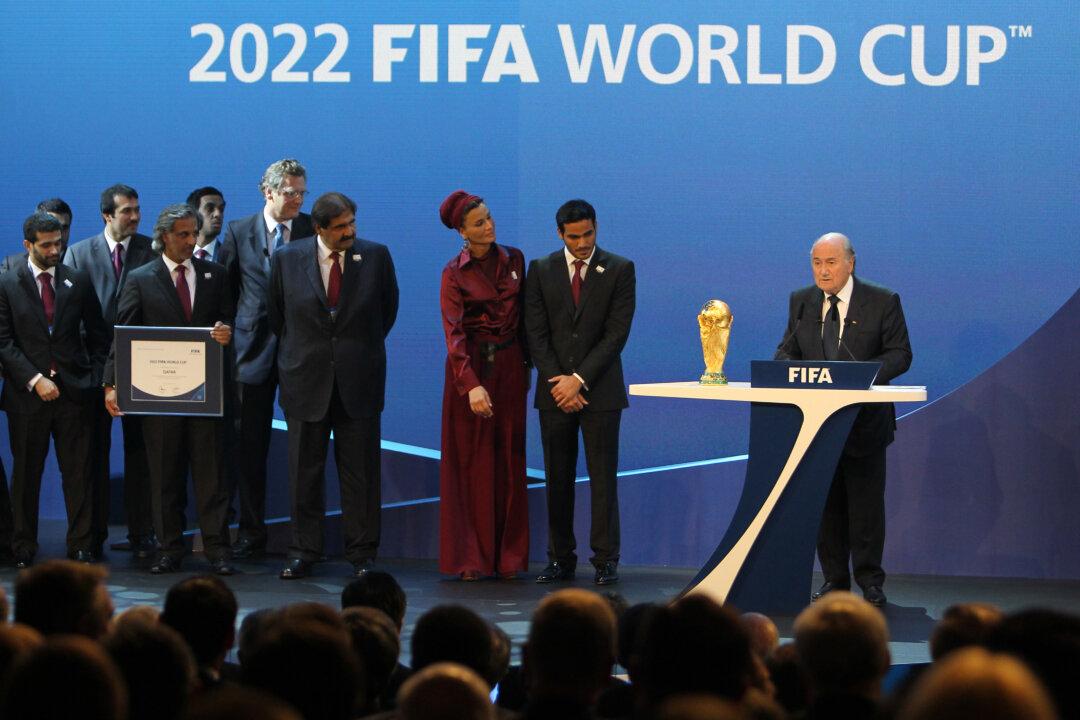The Qatar 2022 World Cup bid team ran a secret operation to undermine its competitors, a British newspaper has reported. If such allegations are true, it would be a breach of FIFA’s bidding rules.
The UK’s Sunday Times says that leaked emails from a whistleblower show that Qatar’s bid team hired a U.S. PR firm and former CIA agents to smear its main rivals, the United States and Australia.




